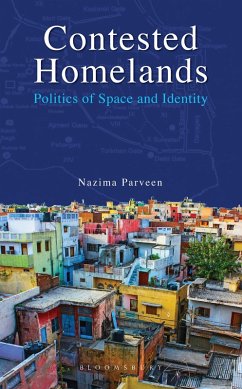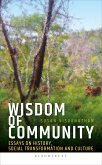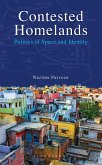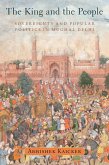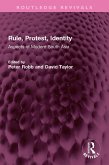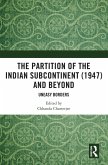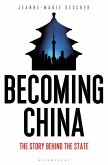This book argues that the changing character of Muslim community and their living space in Delhi is a product of historical processes. The discourse of homeland and the realities of Partition established the notion of 'Muslim-dominated areas' as 'exclusionary' and 'contested' zones. These localities turned out to be those pockets where the dominant ideas of nation had to be engineered, materialized and practiced. The book makes an attempt to revisit these complexities by investigating community-space relationship in colonial and postcolonial Delhi. It raises two fundamental questions:
· How did community and space relation come to be defined on religious lines?
· In what ways were 'Muslim-dominated' areas perceived as contested zones?
Invoking the ideas of homeland as a useful vantage point to enter into the wider discourse around the conceptualization of space, the book suggests that the relation between Muslim communities and their living spaces has evolved out of a long process of politicization and communalization of space in Delhi.
· How did community and space relation come to be defined on religious lines?
· In what ways were 'Muslim-dominated' areas perceived as contested zones?
Invoking the ideas of homeland as a useful vantage point to enter into the wider discourse around the conceptualization of space, the book suggests that the relation between Muslim communities and their living spaces has evolved out of a long process of politicization and communalization of space in Delhi.

